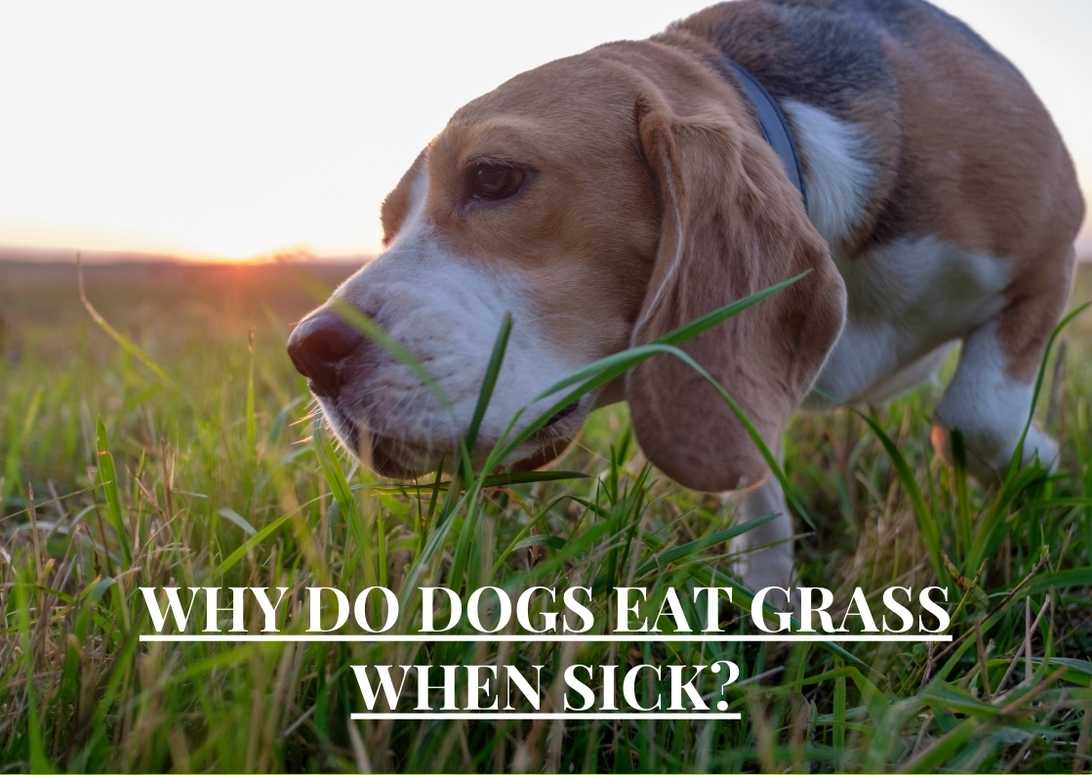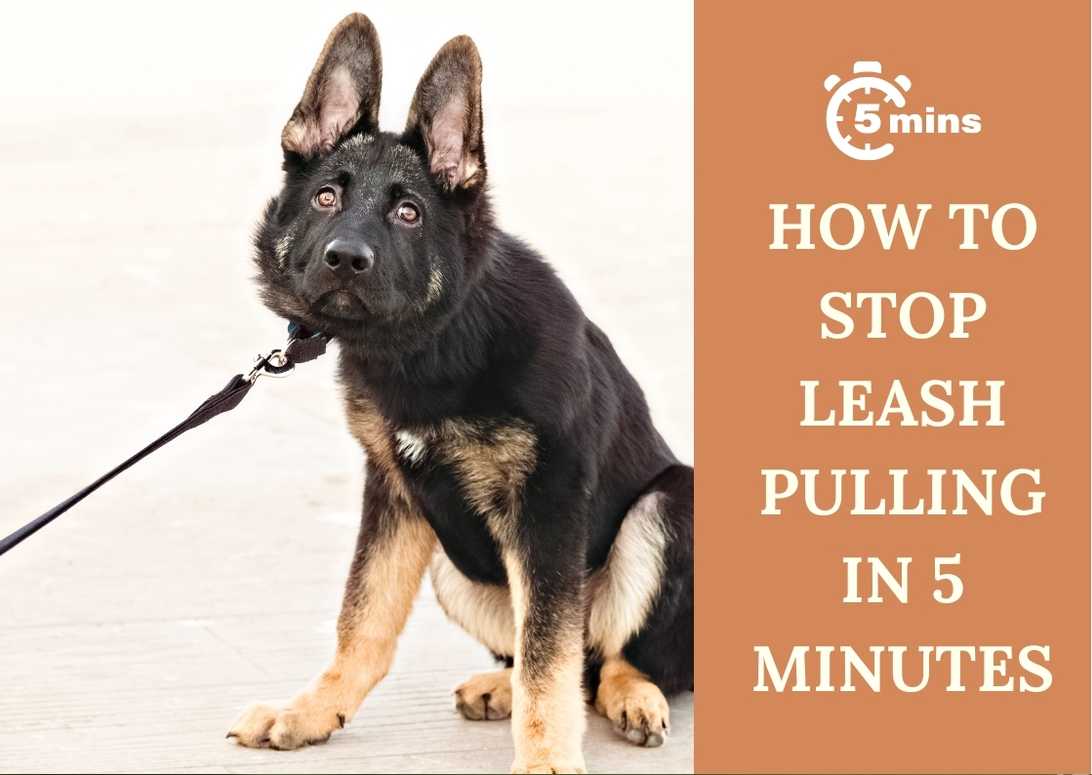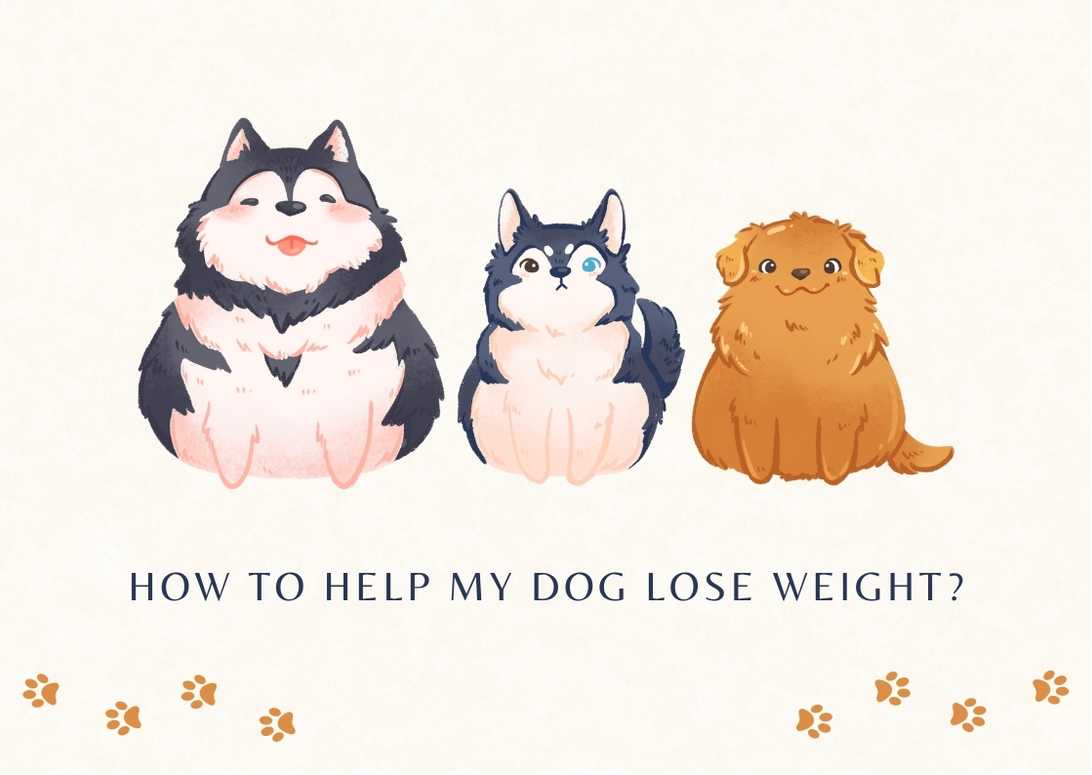Why Do Dogs Eat Grass When Sick?
Have you ever wondered why dogs eat grass when they’re feeling sick? It’s a curious behavior that has perplexed many pet owners, myself included.
On one hand, it seems counterintuitive – why would a dog consume plant matter when they’re not feeling well? Yet, on the other hand, it’s a common sight that can leave us scratching our heads.
In this article, I’ll explore the various explanations for why dogs engage in this grass-eating behavior when they’re under the weather.
When my own furry friend starts munching on grass blades during times of illness, I find myself pondering the reasons behind this peculiar habit. One theory suggests that dogs eat grass to induce vomiting and alleviate an upset stomach. It’s almost as if their instinctual wisdom kicks in and they know exactly what will help them feel better.
Another possibility is that this behavior stems from their wild ancestors who consumed plants as part of their diet. Perhaps it’s ingrained in their DNA to seek out certain nutrients found in grass to supplement their nutrition.
As I delve deeper into these theories and more, we may discover surprising insights into why our beloved companions turn to nature’s green carpet when they’re not feeling their best.
Important Points
- Dogs may eat grass to induce vomiting when they have an upset stomach.
- The behavior of eating grass may be inherited from their wild ancestors.
- Grass contains fiber and nutrients that may be lacking in a dog’s regular diet, so they may seek it out for dietary supplementation when feeling unwell.
- Dogs may also eat grass out of boredom or anxiety as a coping mechanism.
Why do dogs eat grass when sick?
Dogs may eat grass when they’re feeling sick to help soothe their upset stomach and induce vomiting, as well as supplement their diet with nutrients that may be lacking. This behavior is often seen in dogs with an upset stomach because the grass can irritate their stomach lining and trigger vomiting. By doing so, they’re able to get rid of whatever is causing them to feel unwell.
Additionally, grass contains fiber and other nutrients that may be lacking in a dog’s regular diet. When dogs feel sick, they may seek out grass as a way to supplement their diet with these important nutrients.
While eating grass can have health benefits for dogs when they are feeling sick, there are also potential risks involved. Some grasses may contain pesticides or other chemicals that could be harmful if ingested by your furry friend. It’s important to ensure that the grass your dog is eating is free from any potentially harmful substances.
Additionally, it’s crucial to monitor your dog’s behavior after eating grass to make sure they don’t experience any adverse effects such as stomach discomfort or diarrhea.
If you notice that your dog frequently eats grass when they’re not feeling well, it might be helpful to explore alternative options for providing them with the necessary nutrients. Talk to your veterinarian about potential dietary changes or supplements that could help meet your dog’s nutritional needs without relying on grass consumption.
While dogs may eat grass when they’re feeling sick for various reasons including soothing their upset stomachs and supplementing their diet with nutrients, it’s important to consider the potential risks involved and explore alternatives if necessary. If you have concerns about your dog’s health or behavior related to eating grass, seeking veterinary advice is always recommended before making any changes or assumptions about their condition.
Upset Stomach
If your furry friend is feeling under the weather, one way they might try to find relief is by consuming plant material. When dogs have an upset stomach, they may eat grass in an attempt to induce vomiting. The grass can irritate their stomach lining and trigger the vomiting reflex, which helps them get rid of whatever is causing them to feel unwell.
It’s a natural instinct for dogs to seek out remedies for their discomfort, and eating grass serves as a way for them to alleviate their symptoms.
To emphasize this point further, here are five reasons why dogs with upset stomachs may turn to grass as a remedy:
- Vomiting Trigger: Grass acts as a natural vomit inducer when ingested by dogs with upset stomachs.
- Stomach Irritation: The rough texture of grass can irritate the lining of the dog’s stomach, stimulating the need to expel any unwanted substances or toxins.
- Nutrient Deficiency: Grass contains fiber and other nutrients that may be lacking in a dog’s regular diet. Consuming grass helps supplement their nutrient intake during times of illness.
- Digestive Aid: Grass can act as a digestive aid for dogs with upset stomachs by helping break down food and ease digestion.
- Grass as a Remedy: Dogs instinctively know that consuming grass can provide some relief when they are feeling sick or uncomfortable.
With these points in mind about how eating grass can help soothe an upset stomach in dogs, let’s now explore another possible explanation – their natural instinct – which could shed more light on this intriguing behavior.
Natural Instinct
Believed to be inherited from their wild ancestors, domesticated dogs may exhibit an innate behavior ingrained in them that involves consuming plant material such as grass. This behavior can be traced back to wolves and other wild canids who are known to consume grass as part of their diet.
It seems that even though dogs have been domesticated for thousands of years, this ancestral behavior still persists.
There are a few reasons why dogs may engage in this grass consumption. One possibility is that they instinctively know that there are nutritional benefits to be gained from eating grass. Grass contains fiber and other nutrients that may be lacking in their regular diet. By consuming grass, dogs might be trying to supplement their nutrition and support their digestive health.
Additionally, the act of eating grass can help stimulate the dog’s digestive system and aid in passing stool more smoothly.
With this understanding of the natural instinct behind grass consumption, we can now transition into the subsequent section about dietary supplementation without skipping a beat.
Dietary Supplementation
To ensure your furry friend is getting all the necessary nutrients, consider adding a little variety to their diet with some grass-based supplementation. Grass can provide several nutritional benefits for dogs, making it a valuable addition to their regular meals.
Here are some reasons why grass can be beneficial for dogs:
- Nutritional benefits: Grass contains fiber and other essential nutrients that may not be present in your dog’s regular diet. By allowing them to graze on grass, you’re providing them with additional vitamins and minerals that contribute to their overall health.
- Grass as a digestive aid: Eating grass can act as a natural digestive aid for dogs. The fiber in grass helps regulate bowel movements and promotes healthy digestion, which can be especially helpful when your pup’s feeling under the weather.
- Health benefits of grazing: Regularly consuming small amounts of grass can have various health benefits for dogs. It can help prevent constipation, reduce the risk of gastrointestinal blockages, and improve overall gut health.
- Grass as a natural remedy: Many pet owners use grass as a natural remedy to alleviate certain ailments in dogs. For example, if your furry companion has an upset stomach or is experiencing mild nausea, grazing on grass may provide relief.
Grass eating habits among different dog breeds may vary. Some breeds have a stronger inclination towards eating grass than others. However, it’s important to keep in mind that excessive consumption of grass or eating from potentially toxic areas should be avoided.
With that being said…
Now let’s move on to discussing how boredom or anxiety can also play a role in causing dogs to eat grass.
Boredom or Anxiety
When feeling restless or anxious, dogs may turn to grass as a means of finding comfort and alleviating their emotional discomfort. Just like humans, dogs can experience boredom and anxiety, and they may engage in unusual behaviors as a way to cope with these emotions. Eating grass is one such coping mechanism that some dogs adopt when they’re feeling uneasy.
Behavioral triggers such as being left alone for long periods of time or experiencing changes in their environment can contribute to a dog’s restlessness or anxiety. When they don’t have enough mental stimulation or social interaction, they may resort to behaviors like eating grass to distract themselves and find relief.
Environmental enrichment plays a crucial role in addressing these behavioral triggers by providing dogs with activities and toys that stimulate both their physical and mental well-being. By engaging them in playtime and interactive games, we can help alleviate their restlessness and reduce the likelihood of them turning to grass for comfort.
Additionally, stress management techniques can be helpful in preventing dogs from seeking solace in eating grass. Dogs are sensitive creatures who can easily pick up on our own stress levels, so it’s important for us as pet owners to create a calm and peaceful environment for them. This includes maintaining consistent routines, practicing positive reinforcement training methods, and ensuring that they have a safe space where they can retreat when they feel overwhelmed.
By addressing their emotional needs and providing appropriate outlets for their energy, we can help our furry friends find healthier ways of coping with boredom or anxiety instead of relying on grass consumption.
Frequently Asked Questions
Can eating grass make my dog sick?
Yes, eating grass can make your dog sick. While some dogs may eat grass to aid in their digestion process or as a natural remedy for an upset stomach, it’s important to note that consuming grass can also have negative effects on their health.
Grass digestion can be difficult for dogs because they lack the necessary enzymes to break down the cellulose found in plants. This can lead to gastrointestinal issues such as vomiting, diarrhea, or even blockages in severe cases.
Additionally, if your dog eats grass that’s been treated with pesticides or other chemicals, it could potentially be harmful to them. If you suspect that your dog’s digestive system is causing them discomfort, it’s best to consult with a veterinarian who can recommend alternative solutions or dietary changes specifically tailored to your dog’s needs.
Is eating grass harmful to dogs?
Eating grass is not necessarily harmful to dogs. In fact, it can provide nutritional benefits and act as a digestive aid. While some theories suggest that dogs eat grass when they’re sick, the exact reason for this behavior isn’t fully understood.
It could be due to an upset stomach, a natural instinct inherited from their wild ancestors, or even boredom or anxiety. Grass contains fiber and other nutrients that may be lacking in a dog’s regular diet, so they may seek it out to supplement their nutrition.
However, if your dog frequently eats grass and shows signs of discomfort or illness afterwards, it’s important to consult with a veterinarian as there could be an underlying medical issue.
To prevent excessive grass consumption, you can offer your dog alternatives like safe indoor plants or specially formulated greens for pets. Additionally, ensuring your dog has a well-balanced diet and providing mental stimulation can help reduce the likelihood of them eating grass out of boredom or stress.
How much grass is safe for dogs to eat?
When it comes to how much grass is safe for dogs to eat, moderation is key.
While small amounts of grass can provide nutritional benefits and act as a digestive aid, excessive consumption can lead to problems such as grass allergies or an upset stomach.
It’s important to ensure that the grass your dog has access to is free from pesticides or harmful chemicals, and consider planting safe varieties like Bermuda grass or ryegrass in your yard.
If you’re concerned about your dog’s habit of eating grass, providing appropriate training alternatives such as puzzle toys or engaging in interactive play can help redirect their behavior and keep them entertained.
Remember, always consult with your veterinarian if you have any concerns about your dog’s diet or health.
Are there any risks or side effects associated with dogs eating grass?
While it’s commonly believed that dogs eat grass when they feel sick, evidence suggests that this behavior may have other motivations. In healthy dogs, grass consumption isn’t generally harmful and can even provide some nutritional benefits due to its fiber content.
However, there are potential risks associated with eating grass, such as stomach discomfort or the ingestion of pesticides or toxic plants. To prevent dogs from eating grass, it’s important to address any underlying issues that may be causing them to seek out plant material, such as boredom or anxiety.
Providing alternative forms of enrichment and ensuring a balanced diet can help reduce the desire for grass consumption. Additionally, if a dog has gastrointestinal issues, it may be beneficial to consult with a veterinarian to explore dietary alternatives that can support their digestive health without relying on grass consumption.
Should I be concerned if my dog frequently eats grass?
I wouldn’t be overly concerned if my dog frequently eats grass, as it can have various reasons. Some dogs may eat grass due to nutritional deficiencies, seeking out fiber and other nutrients that may be lacking in their regular diet. Others may engage in this behavior as a result of boredom or anxiety, using grass-eating as a coping mechanism.
Additionally, dogs might have inherited this natural instinct from their wild ancestors who consumed plant material as part of their diet. However, if the frequent grass-eating is accompanied by digestive issues such as vomiting or stomach discomfort, it could indicate an underlying medical problem that should be addressed by a veterinarian.
In such cases, alternative feeding options or adjustments to the dog’s diet may need to be considered to ensure their nutritional needs are met.
Conclusion
In conclusion, the behavior of dogs eating grass when they’re feeling sick can be attributed to various reasons. Some experts believe that it’s a way for dogs to induce vomiting and alleviate an upset stomach, while others think it may be an instinct inherited from their wild ancestors.
Additionally, dogs may eat grass to supplement their diet with fiber and nutrients that could be lacking. One interesting statistic is that a study conducted by researchers at the University of California, Davis found that 79% of dogs who ate grass vomited afterwards. This suggests that there might be some truth to the theory that dogs eat grass as a natural remedy for digestive issues. However, more research is needed to fully understand this behavior and its underlying causes.
Ultimately, if your dog regularly eats grass and exhibits signs of illness or discomfort, it’s important to consult with a veterinarian. They can help determine the cause of your dog’s behavior and provide appropriate treatment if necessary.








